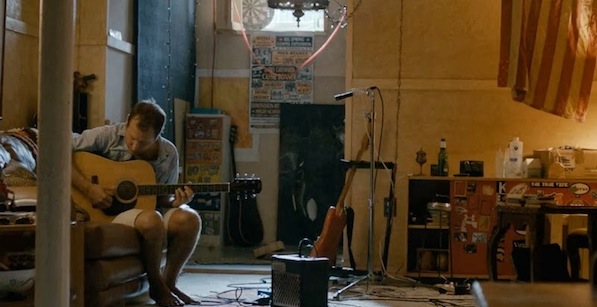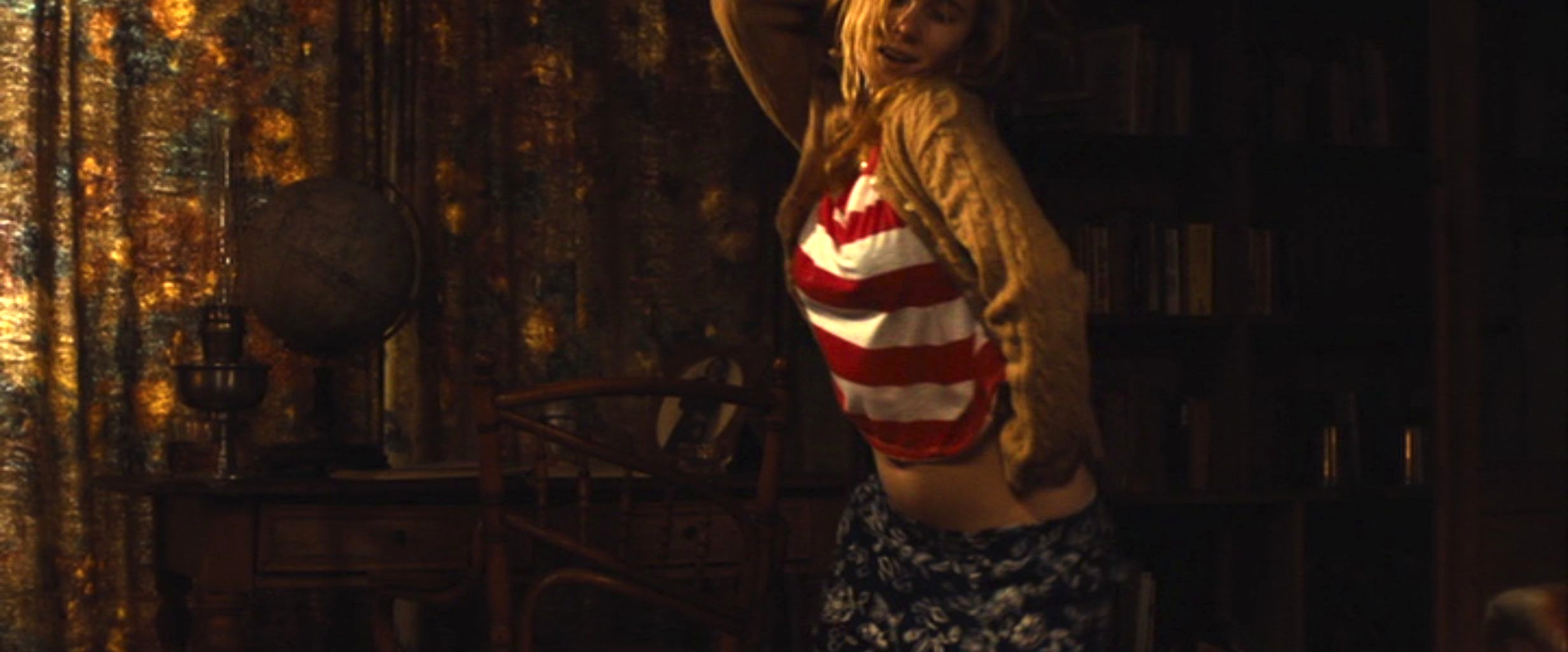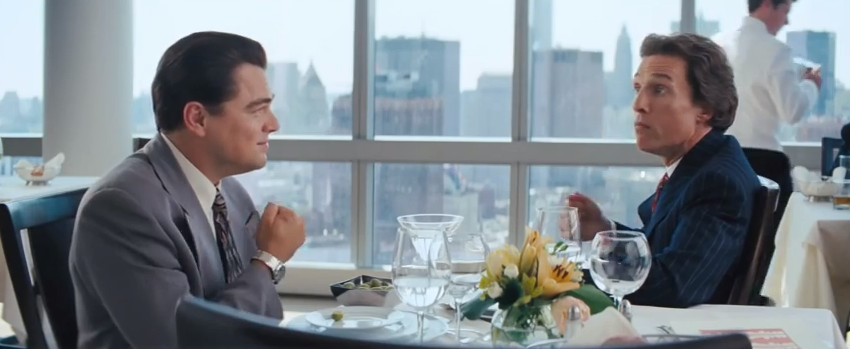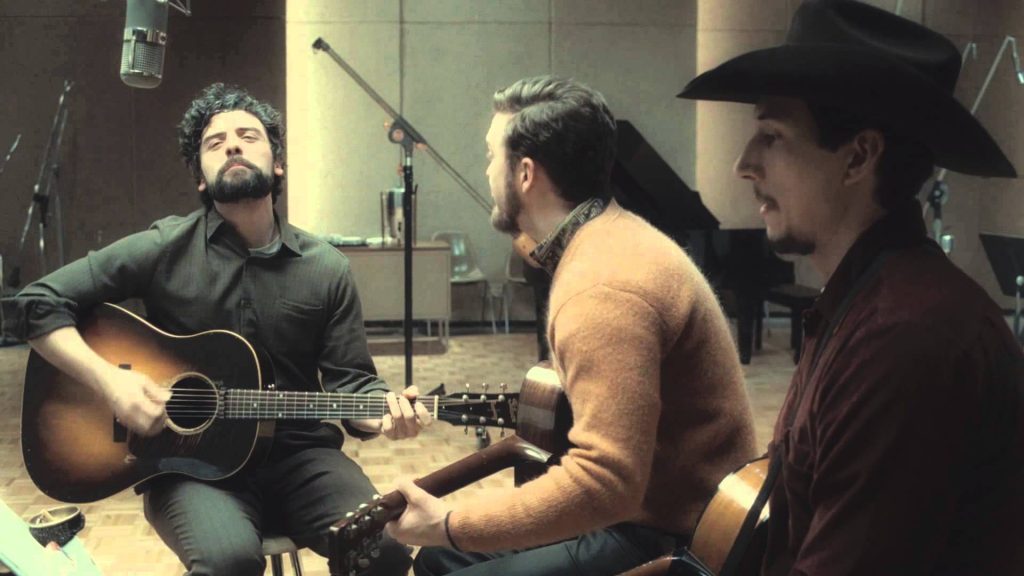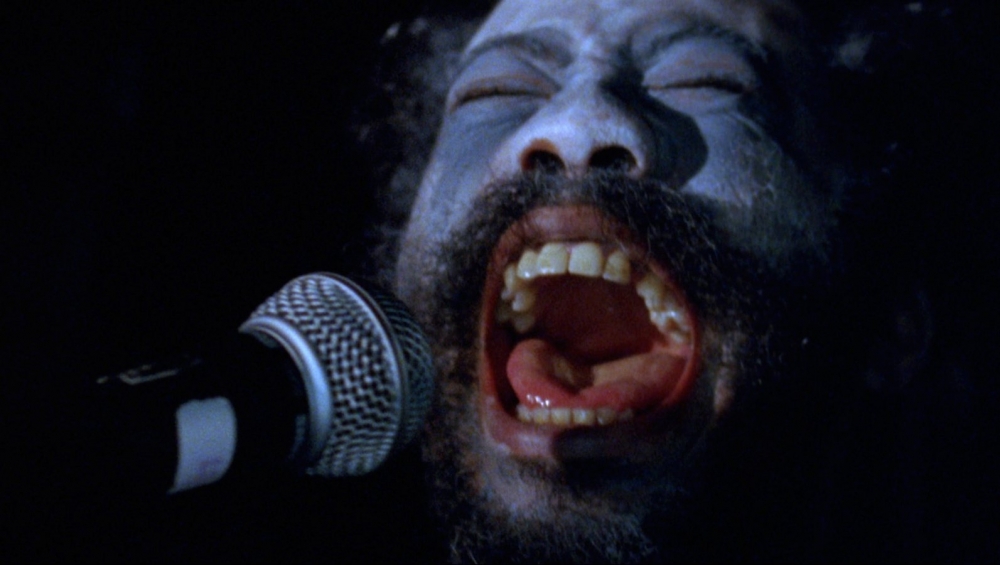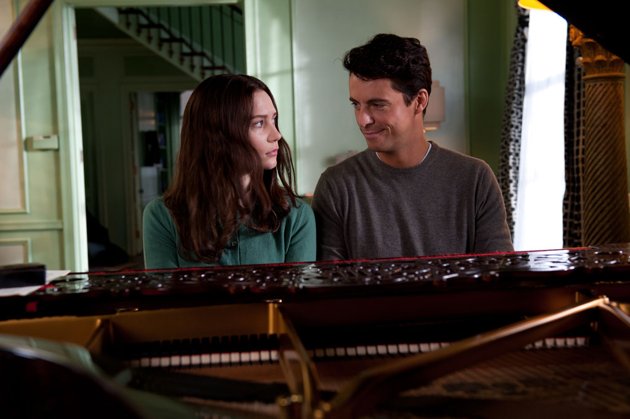Best original score. Best musical number. Best original song. Best soundtrack. There are a lot of ways to compile a list of the year in movie music because there are a lot of ways the movies tend to use music. For the purposes of this list I imposed a single rule: that the music, whether a tune hummed idly or a pop song piped in from a stereo, would be strictly diegetic—that it would exist within the fiction of the film, sang or played or heard distantly by the characters and available to us through their unknowing mediation. Music is often slathered atop an image as if to will to being some residual appeal, borrowing an aesthetic and its sundry associations; here, by contrast, it exists within, meaning as much or more to the people in the film as to those watching it. I’m not sure I know the significance of the distinction. But perhaps the list will speak (or sing) for itself.
Nobody’s Daughter Haewon (Hong Sang-soo)
Haewon (Jung Eun-chae) and her former lover Lee Seong-joon (Lee Sun-gyun) share a tender moment at the Namhan Mountain Fortress in southeast Seoul, sitting in silence as they listen to Seong-joon’s favorite song—played, charmingly and a little incongruously, on a portable cassette player he happens to carry around with him. The moment recurs, in typical Hong fashion, with the song’s charms recast as newly bittersweet and melancholic.
Magic Magic (Sebastian Silva)
Her weekend-long descent into madness already well under way, Alicia (Juno Temple) one evening finds herself unusually susceptible to the hypnosis act tried out by a friend. When another suggests that she “dance like a whore” to a song of his choice—The Knife’s early single “Pass This On”—she all too readily complies, grinding and gyrating as if possessed of a need to embarrass the room. When, moments later, she is encouraged to throw herself into the fireplace, we’re not surprised that she tries: Silva has already proven she’ll do anything.
Only Lovers Left Alive (Jim Jarmusch)
Toward the end of Jim Jarmusch’s Only Lovers Left Alive, after its prodigious musical hero, Adam (Tom Hiddleston) has all but dismissed the modern world as creatively barren, he stumbles upon Yasmine Hamdan performing live in Tangier. Transfixed by this Lebanese icon—and perhaps convinced to reconsider his position on the talent of mere mortals—he stands in silent awe of the set, which we’re treated to uninterrupted for some time. Jarmusch, ever the tastemaker, has provided a rare moment of artistic bliss permitted to live and breathe on its own terms, framed as if to invite our approval.
The Wolf of Wall Street (Martin Scorsese)
Jordan Belfort (Leonardo DiCaprio) joins his new boss, Mark Hanna (Matthew McConaughey), for a three-martini business lunch, and over the course of ten minutes gets a life-lesson covering sales tactics (never let the client cash in), mental exercise (cocaine gets you through the day), and the merits of ample masturbation (“twice a day—at least”). But best of all is Hanna’s inspirational tune: an improvised ditty hummed and barked along to by the both of them.
Inside Llewyn Davis (Joel and Ethan Coen)
Though Joel and Ethan Coen retain a shrewd degree of ambiguity regarding the talent of their folk-singing hero—it’s never clear whether the obscurity to which Llewyn Davis (Oscar Isaac) seems perennially resigned is his own fault or an undiscerning industry’s—but it’s apparent enough how they feel about “Please Mr. Kennedy,” a deeply silly novelty track on which Davis co-performs for some quick cash and which emerges as the film’s most memorable number.
A Spell to Ward Off the Darkness (Ben Rivers and Ben Russell)
Trance music, we’re told in A Spell to Ward Off the Darkness, serves a meditative purpose, sliding the listener into a kind of mental locked groove and letting them spin ‘round for hours. But across the film’s last act it’s black metal that takes on trance-like qualities: we’re plunged into a concert by star and musician Robert A.A. Lowe, face painted and stretched into a permanent scream, howling over mile-a-minute chords that seem on the verge of engulfing the film whole.
Her (Spike Jonze)
Thought it deals with loss and heartache as much as the pleasures entrained by love, the best stretch of Spike Jonze’s Her finds its romantic leads rapturously entwined, wholly smitten, inexhaustibly enamored of one another’s company—which proves no less urgent or alive for being virtual. Sharing a cabin in the woods for a weekend away together, Theodore (Joaquin Phoenix) and Samantha (Scarlett Johansson) improvise a song in bed on guitar, and if it’s better than expected for one made up on the fly it’s because it was written, of course, by the Yeah Yeah Yeah’s Karen O.
Stoker (Park Chan-wook)
Park Chan-wook’s Stoker tries often to intimate its young lead’s encroaching sexualilty, though in my estimation these efforts largely flounder—with one notable exception. Early in the film, India (Mia Wasikowska) and her smoldering uncle Charlie (Matthew Goode) enjoying a moment of quiet repose alone on the house’s opulent grand piano, sharing a quintessentially pulsating Philip Glass duet as the former quivers with a newfound physicality. It’s the rare moment in cinema in which sound and image unite as they build together, their momentum spun into a feedback loop that doubles back toward implosion.
I Used To Be Darker (Matt Porterfield)
Matt Porterfield’s I Used To Be Darker is a deeply musical film—it stars musicians as musicians, features a wealth of original songs, and is titled after a line from a Bill Callahan album—and yet it isn’t quite a musical. A classical musical veers often into fantasy, using songs as a vehicle for escape; Porterfield’s film, meanwhile, remains very much grounded in reality. Only one moment truly transcends the borders of the fiction: Bill (Ned Oldham), finalizing a divorce from his singer-songwriter wife, performs a song alone in his basement. It’s captured in a single take and it ends, shockingly and extraordinarily, with Bill smashing his guitar into pieces before him.
Tom at the Farm (Xavier Dolan)
Like Wes Anderson and Quentin Tarantino before him, Xavier Dolan made a name for himself in part for his taste in music—a killer curatorial instinct with which he joyfully furnished his first three films. One of the most striking things about his latest effort, then, was that Tom at the Farm featured only a single pop song, arriving near the very end as a sudden diegetic burst: “Sunglasses at Night” kicks into gear as Tom (Dolan himself) waltzes into a dodgy rural bar, coming off almost as a punchline. I suppose if you’re only going to have one song in your film, you’d better make it count.
For the complete list of year-end lists on Keyframe, go to The Year in Film: 2013.
For the complete index of the films on these lists, go to 2013 Year in Review: Indexed.

